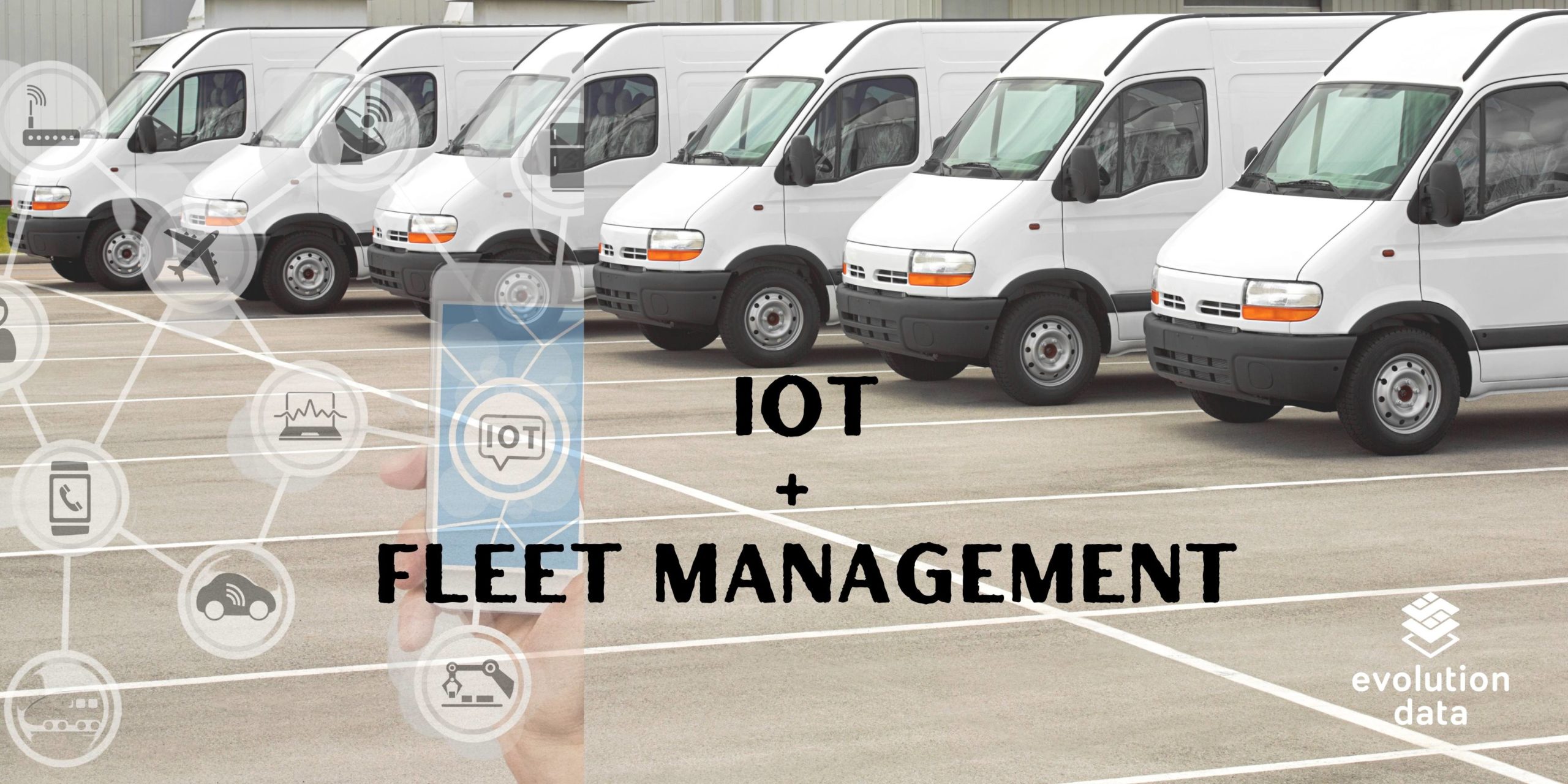
Fleet management systems are currently undergoing numerous transformations to revolutionize the industry thanks to the continuing implementation of IoT technology. With fleet vehicles being the backbone of commerce, providing fleet managers with effective oversight and organization strategies is becoming more important than ever given the current supply chain crisis. Fortunately, IoT telematics can gather, store, and analyze data in real time – this helps fleet managers connect the different vehicles within their fleet while assessing cargo conditions, route options, vehicle performance, and passenger experiences.
Prerequisites to IoT Fleet Management
What does it take to outfit fleet operators with these IoT management solutions? First, vehicles need to be equipped with the type of requisite technologies and sensors necessary for IoT connectivity. It follows then, that reliable connectivity to cellular networks is needed to be ensured through 2G, 3G, or 4G/LTE networks. With the proper tech and connectivity provided, managers then need to implement the required protocols to begin reaping the benefits of IoT technology.
Financial and Environmental Benefits
The benefits of IoT-enabled fleet management and the real-time data analysis it permits are numerous. Perhaps most immediate is the improved manageability which comes with telematic data transfers of surveillance feeds and cargo conditions. This data increases the visibility available to fleet managers while simultaneously allowing them to strengthen asset security. Real-time surveillance and cargo monitoring let’s managers know if a specific driver requires coaching or if any cargo has been stolen or even damaged. By deterring theft or inefficient driver behaviours, IoT fleet monitoring means a greater savings for logistic companies. This savings increases when you consider the ways in which IoT solutions can predict fleet maintenance needs through telematics – this allows managers to deal with any foreseeable issues before they become too uneconomical. The optimization of route options mentioned earlier also economically benefits fleet managers by decreasing fuel costs and idle times.
Logically, we can also note that decreased fuel usage and idling leads to more environment-friendly operations. Specific IoT applications can increase environment-friendly actions by informing fleet operators when to apply their brakes, decrease their speed, or when to turn off their engines to prevent idling. As such, IoT solutions beneficially affect the amount of carbon dioxide emitted by a fleet. All this data is transferred through telematics to the fleet manager who can oversee and further pursue fuel efficiency.
Receive Real-Time Data and Optimize Conditions
Returning to the oversight of mechanical issues, automation made possible by IoT solutions can help to better service any problems. When a system component or vehicle is compromised, a notification ticket is automatically sent to the concerning party – be that a service station or tow truck. Automatic notifications also help fleet operators navigate weather warnings and other delays. It’s also worth considering the increased health and safety of fleet operators which automated alerts can provide. With IoT, drivers are made aware of any potentially dangerous vehicle or cargo conditions while also being able to make smarter choices concerning hazardous conditions.
How else does the monitoring of cargo conditions benefit fleet managers? Cameras and sensors inside and outside the vehicle provide greater opportunities for security, while also being able to monitor and maintain required temperatures – this helps keep perishables like medications and food safe to consume. So not only can the fleet manager appreciate these IoT solutions, but so too can the general public.
Indeed, the general public not only benefits from more scrutinizing cargo management, but also from the more environmentally friendly operations made possible by IoT as well as the implementation of telematics and IoT in public transportation systems. Video surveillance, improved passenger information, Wi-Fi services, and touchless ticketing are all made possible by IoT. Telematics can even alert fleet managers when any components that interface with passengers require replacement or repairs.
As the implementation of IoT technologies grows and approaches ubiquity, staying informed about the ways in which these technologies can benefit you and your industry is essential. At Evolution Data we specialize in implementing specific IoT solutions for all sorts of industries, so contact us today if you have any questions.



